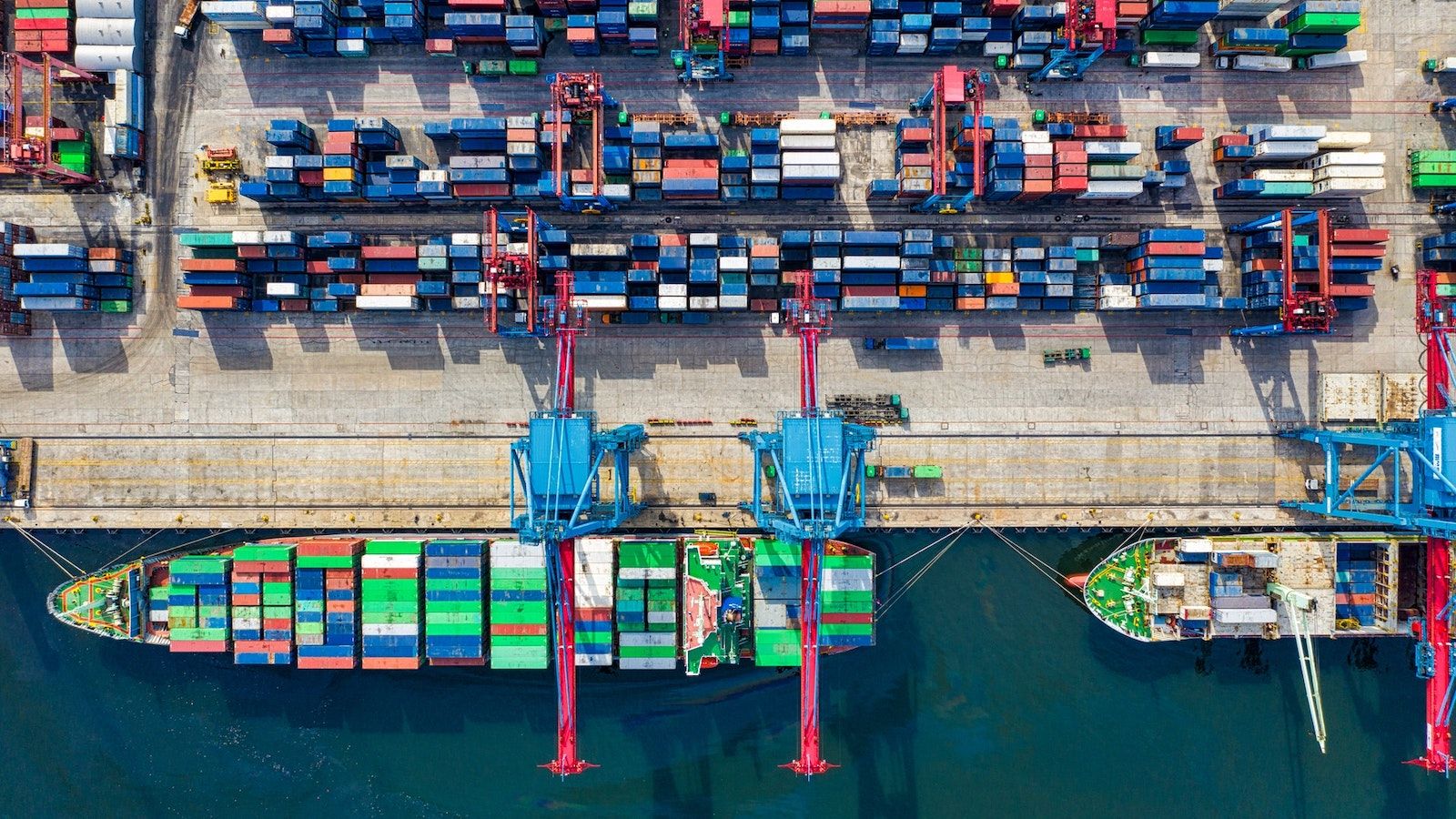#fargate | AWS Fargate (1)
Fargate is for containers what EC2 is for virtual machines. Spin up containers without the need to think about the underlying compute infrastructure. Works with ECS and EKS.
How to monitor container workloads running on ECS and Fargate?
How do you monitor a container workload running on ECS (Elastic Container Service) and Fargate with on-board resources? Here are the prioritized aspects when it comes to monitoring containers on AWS. Event-driven monitoring with EventBridge Monitoring ...
Read moreShow Me Your Architecture Vol. 2: Platform Engineering on AWS
Through the AWS documentation, books like AWS in Action or AWS training, you can gain theoretical knowledge. But beyond that, it is very valuable to learn directly from practice. In this series, we inspect real-life AWS architectures. In the 2nd volume ...
Read moreFargate vs. App Runner
What’s the simplest way to run containers on AWS? My first relevant container workload was running on a fleet of EC2 instances managed by ECS. Maintaining and scaling the needed EC2 instances was wasting a lot of my time. So I got very excited when AWS ...
Read moreBuilding multi-architecture container images for AWS Graviton
What do my MacBook Pro and my container workload running on ECS and Fargate have in common? They both run amazingly well on the ARM processor architecture. However, building Docker images for Apple Silicon and AWS Graviton is challenging. Because a cont...
Read moreContainers on AWS: ECS, EKS, and Fargate
The container landscape in general and on AWS in particular is changing quickly. AWS releases new services and features to deploy containers constantly. Currently, the most interesting options are: Elastic Container Service (ECS) and Elastic Kubernetes ...
Read moreAWS Architecture Pattern for Scheduled & Serverless Batch Processing
Scheduled batch jobs are the heart of many business processes implemented by enterprise applications. Reports are generated daily, databases are optimized over the weekend, and business logic is executed nightly. The importance of batch jobs satisfies a...
Read moreRunning containers on spot infrastructure
Running workloads on spot infrastructure is significantly cheaper. You can reduce your bill by 50% or more. Keep in mind that spot workloads can be terminated at any time. If you are lucky, you will be noticed 2 minutes upfront to shut down gracefully. ...
Read moreWhat's the best AWS Compute option for your project?
There are many good reasons why you should move to the cloud and AWS in particular. Benefit from the latest innovations or consume sophisticated technology as a commodity (relational databases, Hadoop clusters, data warehouses, …) to lower your time to ...
Read moreHow to dockerize your Node.js Express application for AWS Fargate?
My first project with Node.js - an asynchronous event-driven JavaScript runtime, designed to build scalable network applications - was building an online trading platform in 2013. Since then, Node.js is one of my favorite technologies. I will show you h...
Read moreChecklist: Is your application ready for a container cluster?
Is your application ready to run on a container cluster? Use this checklist to find out whether you are good to deploy your application on Amazon Elastic Container Service (ECS) and AWS Fargate or any other container cluster solution. Does your applica...
Read moreReduce your AWS bill with Savings Plans
We are getting used to consuming compute capacity on-demand. The pay-per-use model is an essential benefit of the cloud. However, the cloud provider has to build data centers and buy hardware in advance. Doing so requires capacity planning and upfront i...
Read moreHow to dockerize your Python Django application for AWS Fargate?
The biggest game-changer for Docker on AWS was the announcement of AWS Fargate. Operating Docker containers could not be easier. With AWS Fargate, you launch Docker containers in the cloud without any need to manage virtual machines. Django is a popular...
Read moreResilient task scheduling with ECS Fargate
Many applications use scheduled jobs to automate recurring tasks, such as: Generating and sending a monthly report. Disabling users who haven’t logged in for more than 365 days. Deleting stale data from the database. Doing so is simple, as long as an...
Read moreHow to dockerize your PHP application for AWS Fargate?
The biggest game-changer for Docker on AWS was the announcement of AWS Fargate. Operating Docker containers could not be easier. With AWS Fargate, you launch Docker containers in the cloud without any need of managing virtual machines. All you need is ...
Read moreFargate networking 101
Fargate runs Docker containers on AWS. ECS is responsible for orchestrating the containers that Fargate runs. If you are new to Fargate, I recommend you to read: ECS vs. Fargate: What’s the difference?. ECS and Fargate offer deep integration with other ...
Read moreECS vs. Fargate: What's the difference?
When discussing options to run Docker on AWS, I’m often asked about the differences between ECS and EKS or Kubernets. However, lately, a new question arises: What’s the difference between ECS and AWS Fargate? In this blog post, you get the answer. You a...
Read moreFargate is ready for prime time, and we share our CloudFormation templates
The recent AWS Fargate Price Reduction (up to 50%) is the last piece in the puzzle to call Fargate a reasonable choice for running Docker workloads on AWS. The CIO perspective is as simple as this: you provide the Docker image and scaling rules, Fargate...
Read more















